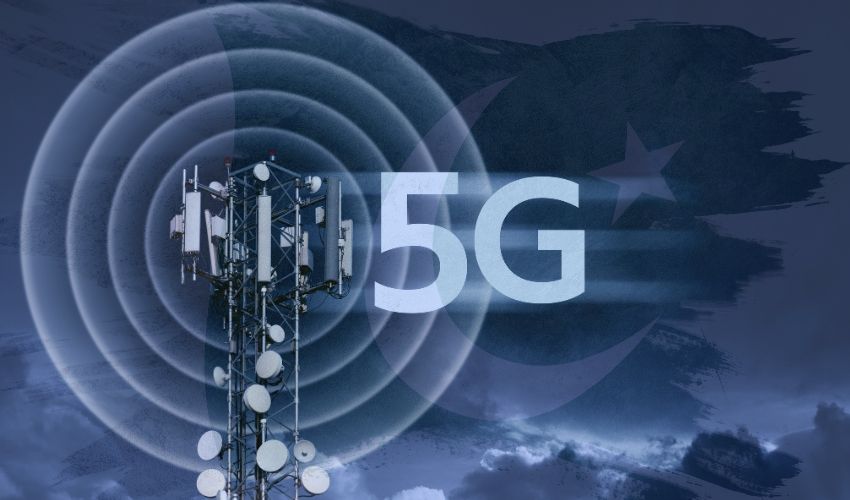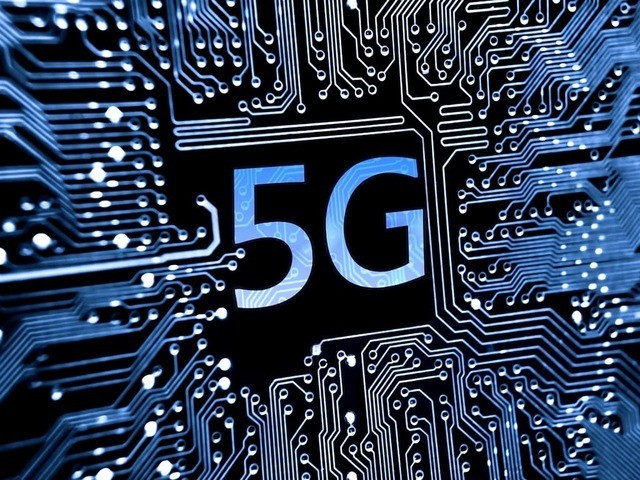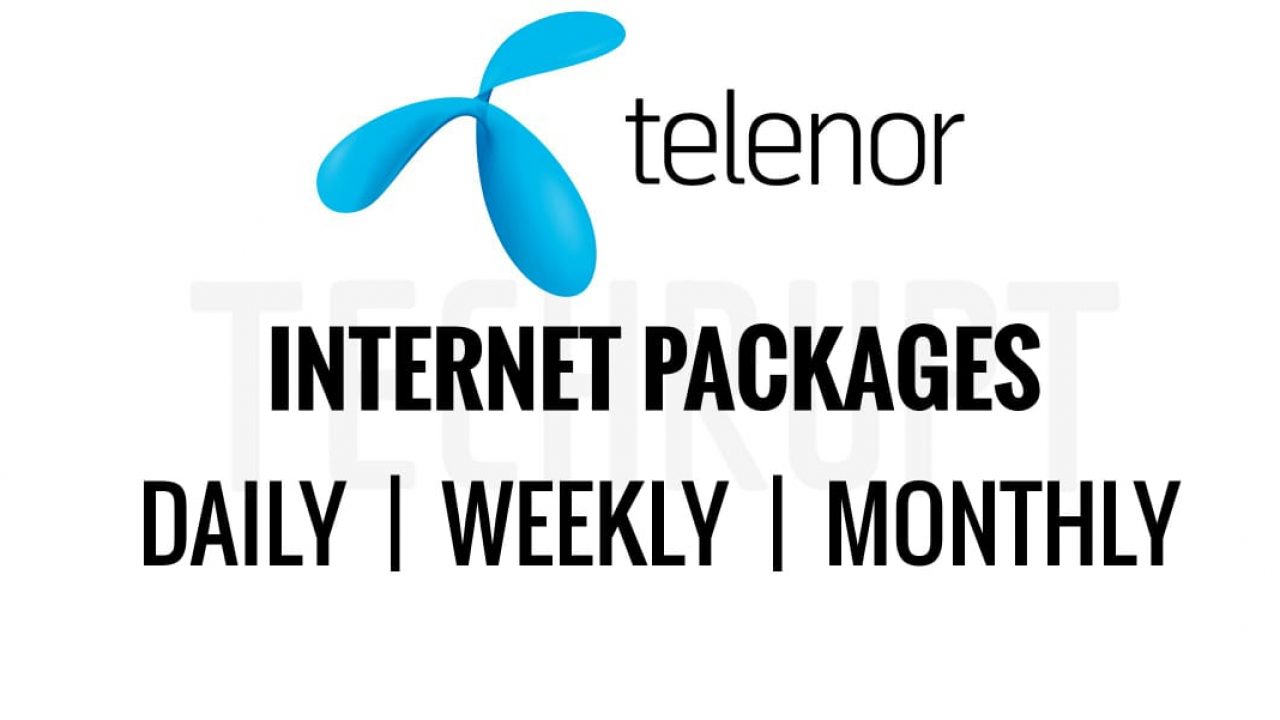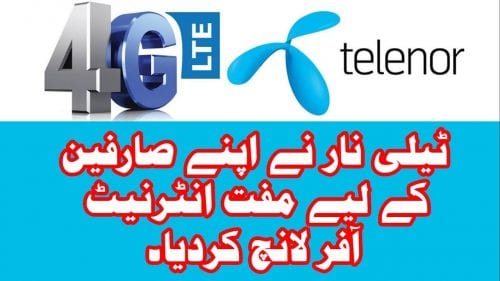Islamabad – Pakistani IT associations and industry experts are calling on the government to expedite the rollout of 5G services and address ongoing issues with slow Internet speeds, as the country1 grapples with significant economic losses caused by Internet disruptions.
According to a recent report by global Internet monitor Top10VPN.com, Pakistan suffered the highest economic losses in the world from Internet outages in 2024, with total losses amounting to3 a staggering $1.62 billion. This figure surpasses the economic losses experienced by war-torn nations such as Sudan and Myanmar, highlighting the critical impact of Internet disruptions on Pakistan’s economy and social development.
P@SHA Chairman Sajjad Mustafa Syed emphasized the urgency of the situation, stating, “Pakistan suffers a loss of more than one million dollars per hour on account of Internet shutdowns in the country.” He further stressed the need for immediate action, urging the government to accelerate the rollout of 5G through a spectrum auction planned for March 2025.
Table of Contents
Key Recommendations:
In addition to advocating for the swift implementation of 5G technology, industry experts have put forth several crucial recommendations to enhance Internet connectivity and address the issue of slow Internet speeds:
- Fiber-opticisation of Cell Towers: Upgrading existing cellular infrastructure with fiber-optic connections is essential to ensure faster data speeds and improved network reliability.
- Installation of New Undersea Cables: Expanding undersea cable infrastructure will significantly enhance international connectivity and reduce latency, leading to faster internet speeds for Pakistani users.
- Addressing Internet Outages: The government must proactively address the root causes of frequent Internet outages, which include both technical and regulatory issues.
- Promoting Digital Literacy: Investing in digital literacy programs is crucial to empower citizens with the knowledge and skills necessary to effectively utilize the Internet and leverage its benefits.
- Creating a Conducive Environment for Innovation: Fostering a thriving digital ecosystem requires the creation of a conducive environment for innovation and investment in the ICT sector. This includes simplifying regulatory processes, providing tax incentives for businesses, and supporting the growth of local startups.

Also read: Mobilink Jazz Free Internet Code 2025: Your Guide to Updated Access
Impact of Slow Internet Speeds:
Slow Internet speeds have a profound impact on various sectors of the Pakistani economy:
- E-commerce: Slow internet hinders online businesses and hinders the growth of e-commerce platforms.
- Telemedicine: Limited connectivity poses challenges for telemedicine services, particularly in remote areas.
- Education: Slow internet speeds impede online learning and access to educational resources for students.
- Remote Work: The rise of remote work has been hindered by slow internet speeds, limiting opportunities for individuals and businesses to work remotely.
- Foreign Investment: Slow internet speeds negatively impact foreign investment in Pakistan, deterring businesses from setting up operations in the country.
The Role of 5G Technology:
The rollout of 5G technology is crucial to addressing these challenges. 5G offers significantly faster speeds, lower latency, and greater network capacity, enabling a wide range of applications and services that were previously not feasible.
Some of the key benefits of 5G include:
- Enhanced Mobile Broadband: 5G will provide significantly faster mobile broadband speeds, enabling seamless streaming, gaming, and video conferencing.
- Ultra-Reliable Low-Latency Communication (URLLC): 5G’s low latency capabilities will enable critical applications such as autonomous vehicles, remote surgery, and industrial automation.
- Massive Machine-Type Communications (mMTC): 5G will support the massive connectivity of IoT devices, paving the way for smart cities, smart homes, and other innovative applications.
Addressing Concerns and Challenges:
While the rollout of 5G technology offers immense potential, several challenges must be addressed:
- Spectrum Allocation: The government needs to ensure efficient and equitable spectrum allocation to telecom operators.
- Infrastructure Investment: Significant investment is required to upgrade existing infrastructure and deploy new 5G networks.
- Addressing Public Concerns: Concerns regarding potential health and security risks associated with 5G need to be addressed through transparent communication and robust scientific research.
- Developing a Skilled Workforce: The workforce needs to be adequately trained to develop and maintain 5G networks and applications.
Conclusion:
The call for urgent action from IT experts underscores the critical need for the government to prioritize the rollout of 5G technology and address the ongoing challenges of slow Internet speeds. By taking decisive action and implementing the necessary reforms, Pakistan can harness the transformative power of 5G to drive economic growth, improve social development, and enhance the quality of life for its citizens.
The Road Ahead:
The success of 5G deployment in Pakistan will depend on a collaborative effort between the government, telecom operators, industry stakeholders, and academia. A comprehensive roadmap needs to be developed, outlining clear timelines, milestones, and key performance indicators.
Furthermore, continuous monitoring and evaluation are crucial to ensure that the benefits of 5G technology are realized and that any emerging challenges are addressed proactively.
By embracing the opportunities presented by 5G technology, Pakistan can leapfrog into the digital age and position itself as a leading player in the global digital economy.
Disclaimer: This article is based on publicly available information and expert opinions.
This news article aims to provide a comprehensive overview of the current situation regarding Internet connectivity in Pakistan and the urgent need for the government to expedite the rollout of 5G services. It highlights the economic and social impacts of slow Internet speeds, outlines key recommendations for improvement, and explores the potential benefits and challenges associated with 5G technology.
Note: This article is for informational purposes only and should not be considered financial or investment advice.
Further Research:
- Reports:
- Top10VPN.com report on Internet outage losses in Pakistan.
- Reports from Pakistani IT associations and research institutions on Internet connectivity and 5G technology.
- Government Policies:
- Government policies related to telecommunications and ICT development.
- Spectrum allocation policies for 5G services.
By staying informed about the latest developments in this area and engaging in constructive dialogue, all stakeholders can work together to ensure a successful transition to a 5G-enabled future for Pakistan.












![Zong Free Whatsapp Offer [Updated] 13 zong free whatsapp 2019](https://pakistannetworks.com/wp-content/uploads/2018/12/maxresdefault.jpg)








